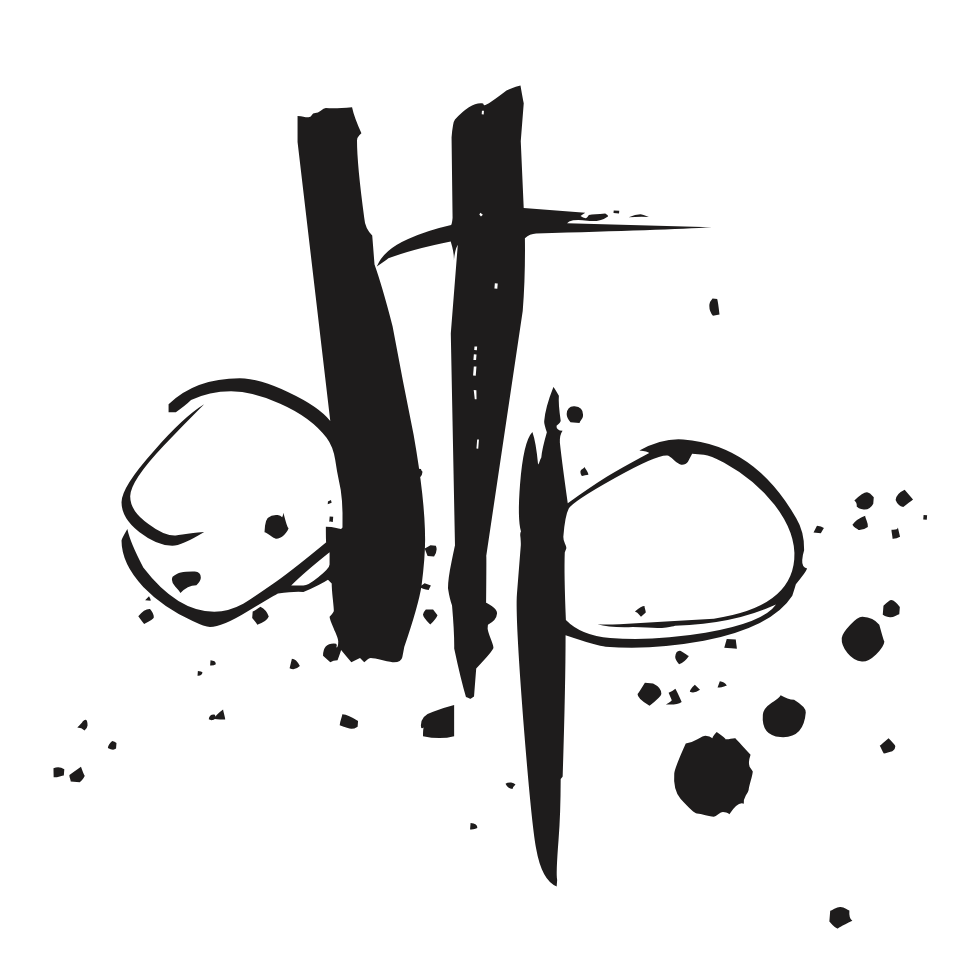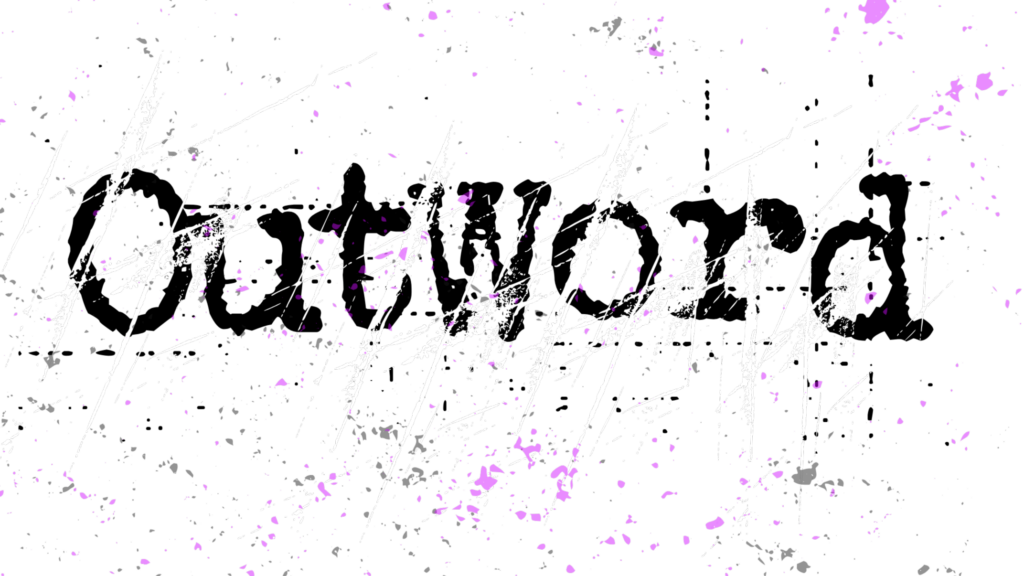I wish the title were a joke. It is very dead serious that I have forgotten how to read. Already I struggle to read the modern restaurant menu with its half-dozen variations in fonts and text sizes and the farthest thing from plain-English to describe whatever it is they’re offering.
Heritage-breed, open-raised poultry breast? Chicken. Just…call it chicken.
It might have started with email, with my inbox flooding with hundreds of messages from coworkers and acquaintances who all had varying commands of the English language. Long tired of correcting grammar, I opted to briefly scan the message to get the gist of what they wanted and be on with my day. The same with so many texts, social media posts, most content on most online outlets, and sometimes even the stories within the books making it to the top of bestseller lists.
It is as though, as a culture, we forgot how to write. Likely because we forgot how to read. And this doesn’t seem like anything new. Reading Gutenberg Elegies by Sven Birkerts, he writes of a short story seminar he taught in 1992 where the class struggled with Hawthorne, Poe, and Henry James (still standard fare for most college literature classes – my own education included plenty of delves into the back catalogues of these dusty, white men). Unable to draw a discussion out of the class, he asked them what about the text was so difficult:
Persistent questioning revealed that it was the reading that had undone them. But why? What was the problem? I had to get to the bottom of their stupefaction be- fore this relatively—I thought—available tale. I asked: Was it a difficulty with the language, the style of writing? Nods all around. Well, let’s be more specific. Was it vocabulary, sentence length, syntax? “Yeah, sort of,” said one student, “but it was more just the whole thing.”
The author goes on to assess that everyone was frustrated with the stories because it wasn’t apparent as to what they should “get.” As though they were getting the punchline to a joke or the tidy wrap-up at the end of a 23-minute sit-com, and I totally get where they are at.
Teaching someone how to read is akin to teaching someone how to write – after a certain point, there’s nothing else to teach. After the alphabet and an understanding of sentence structure all the teacher can do is facilitate opportunities for the student to expand their curiosity behind the language. Writing is a tool, so is reading. In time, the tools grow and gain complexity and lose their forgiveness. Soon enough the act of writing, and reading, become a work of art.
Reading is the act of creating an understanding. Of the story, of the text, of your worldview. This is an act of self-reflection, and every creation is a chance to explore oneself.
I miss reading deeply.
Which is hardly different from how I miss reading, deeply. Here, you can place all of the reasons I feel like I’m missing the reflection of the books I read, which are likely the same reasons people forego reading at all. The endless distractions, the feed of highly-consumable content, the noisy-world, and the general lack of necessity to deeply read (because, maybe, few people deeply write? More on that in another issue). In 2023 I checked out over 500 books from the local library system and will be writing off upwards of $1500 in bookstore expenses on our tax filing. While I didn’t read everything (some of the library books were large print photo and art books, many of the purchased books are waiting their turn on our shelves), I can say that I easily read over 100 books in the year. I’m usually reading several books at the same time, and have to define which books are to be read sitting up, and which ones are for bed (To loosely quote Hermoine Lee – some books are meant to be read sitting up, and others laying down).
This idea of reading as much as possible, versus as deeply as possible, hit me in a panic one day, recognizing that I might have 30 years left to read – before I kick it, or my eyesight is shot, or I get too old to understand the newfangled technology that all books will soon exist upon – and I…guess I wanted to read as much as I could?
But what does it matter if I don’t truly understand what is behind what I’m reading? Volume is nice, but this is not the metric I want to keep.
My goal of the moment is to get my brain back. My brain, my mind, my attention. Like everyone else we seem to have launched headfirst into insanity without clipping our helmets in place first. Forget books, who can remember what happened at the beginning of this Substack post? Hell, at the beginning of the last paragraph?
The Deep Read
The goal is to deeply, slowly, read one book at a time. Taking six or nine or twelve months at a time to get everything I can out of a book. I’ve already started on a close reading of Infinite Jest – which feels like an outrageous ambition at 1045 pages. My plan is, maybe, to spend a year with this book. Two read-throughs, maybe three. Notes, loads of notes. Reading with a pencil.
I want to develop the discipline again – to read deeply – but I am no monk. I will still want to read everything else. I want to see if my approach to Infinite Jest impacts how I read everything else – fiction and non, online and not.
Mostly, I just want to feel my head calm down.
Follow along, I’ll tag the deep reading posts appropriately. And if you have any strategies for getting back the skill of reading, drop them in the comments.

